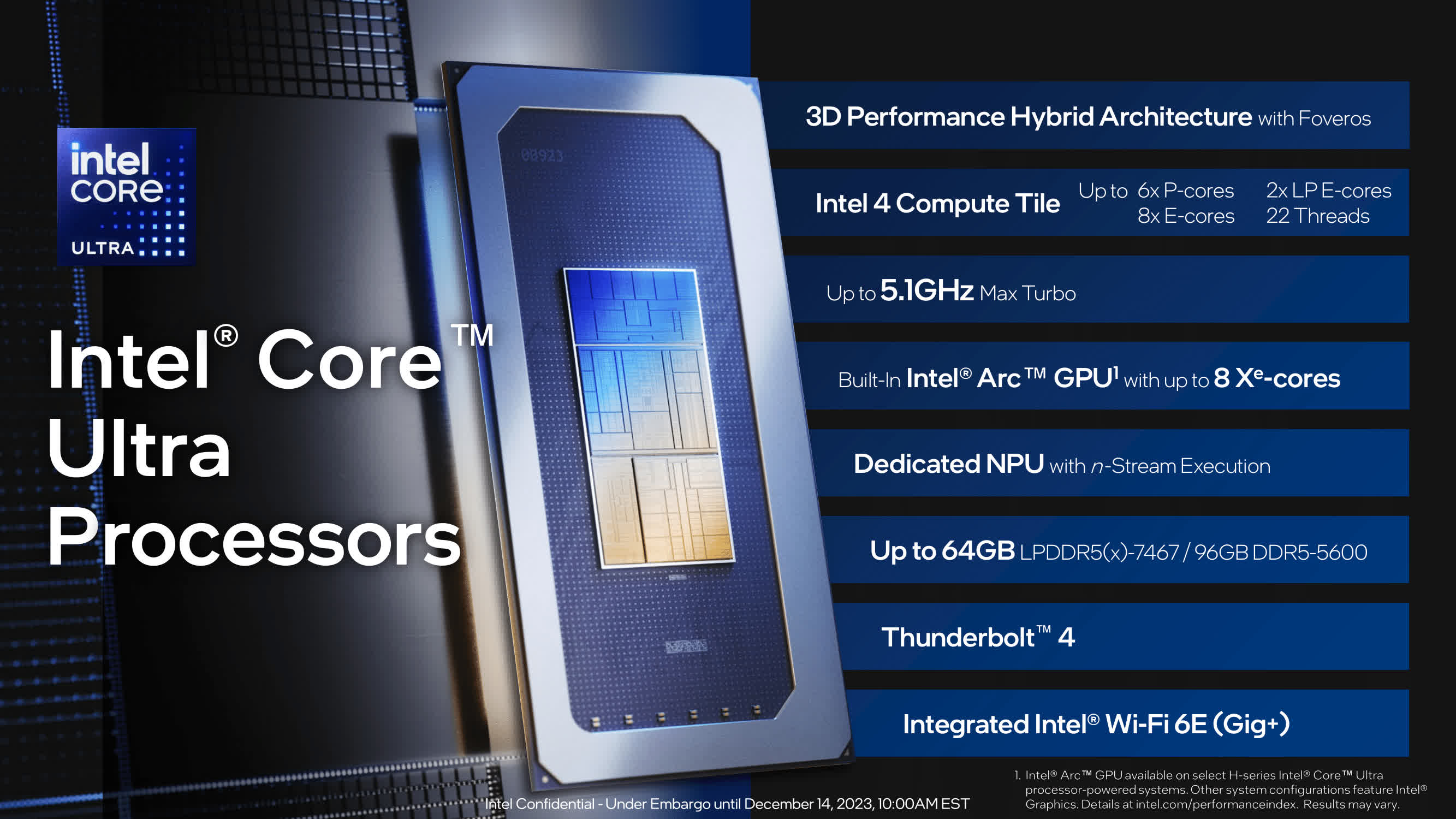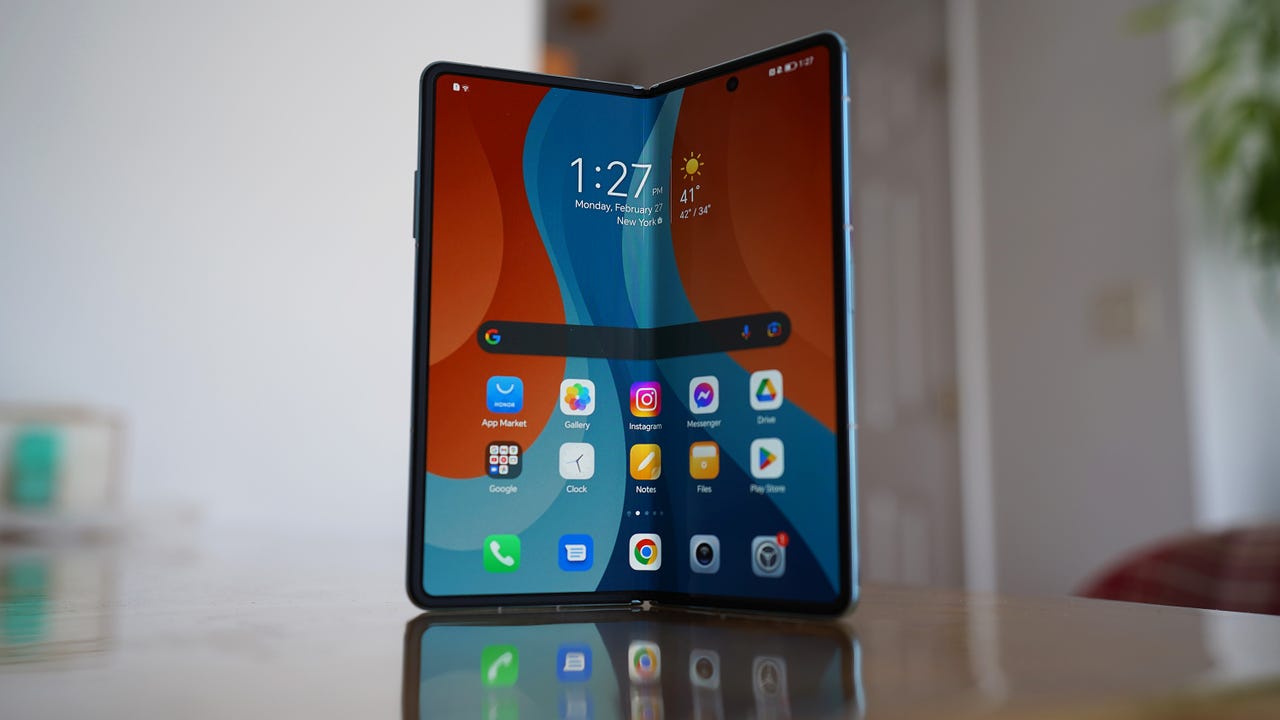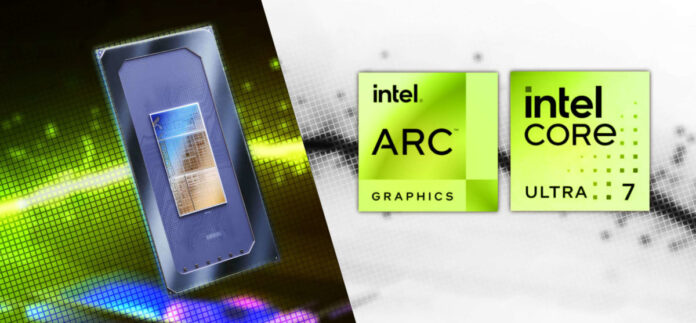Most smartphones contain ARM-based CPUs due to their power efficiency and performance. These processors are specifically designed for mobile devices.
Smartphones have become an indispensable part of our daily lives, and the CPU, or central processing unit, is the heart of these devices. ARM-based CPUs dominate the smartphone market because they perfectly balance power consumption with performance, a critical factor in mobile devices where battery life is a concern.
ARM architecture offers a range of processors including the Cortex-A series, which are prevalent in many Android smartphones, and Apple’s A-series chips that power iPhones. These processors are optimized for the multitasking and multimedia tasks that smartphone users frequently perform. By employing reduced instruction set computing (RISC) principles, ARM CPUs ensure that smartphones run smoothly, supporting everything from casual web browsing to intensive gaming sessions.

Credit: www.cnn.com
Peeking Inside A Smartphone
Curious about what powers your handheld gadget? Let’s take a captivating dive into the heart of your smartphone. Understanding what lies beneath that sleek exterior can reveal a lot about your phone’s capabilities. How does something so small handle such complex tasks? It’s time to peek inside a smartphone and uncover the marvel that drives modern mobile technology.
The Brain Of Mobile Technology
The central processing unit, or CPU, is the mastermind of your smartphone. Like a brain, it makes sense of information and executes commands. CPUs in smartphones are specifically designed to balance power with energy efficiency. They are smaller, conserve battery life, and still pack a punch in terms of performance.
Inside smartphones, you’ll typically find an ARM-based CPU. This type of processor is popular due to its compact size and lower power consumption. Manufacturers such as Qualcomm, Apple, and Samsung create powerful CPUs like the Snapdragon, A-Series, and Exynos, respectively. These are the names that frequently pop up when discussing top-tier smartphone processors.
Key Components That Drive Performance
Several crucial parts work alongside the CPU in a smartphone. These components ensure your device operates smoothly and swiftly. Let’s break them down:
- GPU: The graphics processing unit is responsible for rendering images, animations, and videos on your screen.
- RAM: Random Access Memory is the playground where your current tasks take shape. More RAM means better multitasking.
- Storage: This is where your apps, photos, and files live. It’s either an inbuilt flash memory or expandable via microSD cards.
- Modem: Essential for connectivity, it helps your phone communicate with cellular networks for calls and internet access.
- Sensor Hub: Manages the sensors like accelerometers and gyroscopes that detect motion and orientation.
Every component matters and plays a unique role in delivering the experience you enjoy on your smartphone. From quick app launches to seamless gaming, the performance of these parts is essential. Together, they form a symphony of functionality that allows your device to perform a plethora of tasks effortlessly.
The Heartbeat Of Smartphones: Cpus
Welcome to the pulse-pounding world of smartphone technology, where the CPU acts as the heart of your mobile device. Often overshadowed by flashy screens and sleek designs, the CPU—or Central Processing Unit—is vital for any smartphone’s performance. Let’s delve into the intricacies that make smartphone CPUs so crucial to our daily lives.
Defining The Role Of A Cpu
The CPU is the brain of a smartphone. It handles all instructions from apps, the operating system, and other components. Think of it as an unseen conductor, tirelessly orchestrating every tap, swipe, and command. Here’s what a CPU manages in your phone:
- Executing tasks: From browsing the web to playing games, the CPU makes it all happen swiftly.
- Efficiency: A good CPU ensures your phone runs smoothly without draining the battery quickly.
- Multitasking: Juggle multiple apps at once? Thank your CPU for keeping things lag-free.
Evolution From Basic Processors To Advanced Cpus
Smartphone CPUs have undergone a remarkable transformation over time. From single-core ancestors to modern multi-core giants, here’s how they’ve evolved:
- Single-core CPUs: The early days, where phones tackled one task at a time.
- Dual-core to octa-core: More cores mean phones can do more at once, without breaking a sweat.
- Integration: Today’s CPUs often come bundled with graphics processors and other chips, making phones smarter and faster than ever.
Modern smartphones typically house ARM-based CPUs. These processors are designed for optimal balance between power and energy efficiency, crucial for mobile gadgets. Companies like Qualcomm, Apple, and Samsung develop their own CPUs, tailoring them to enhance their phones’ unique characteristics.
Arm Architecture: The Mobile Standard
Smartphones are the keepers of our daily digital lives. At their core lies a crucial component: the CPU. ARM architecture is the unseen hero powering these devices. But why do smartphone manufacturers prefer this technology?
Why Arm Dominates The Smartphone Market
Power efficiency and customization lead the way for ARM’s dominance. Here’s a brief breakdown:
- Low Power Consumption: ARM chips use less power, making them ideal for smartphones.
- High Performance: Despite their efficiency, they deliver strong computing abilities.
- Flexibility: Different models can be tailored to specific needs, enhancing device uniqueness.
- Industry Support: A vast ecosystem of developers and tools surrounds ARM, promoting innovation.
Benefits Of Arm Chips In Mobile Devices
The benefits of ARM chips are numerous. Let’s unpack them:
| Benefit | Description |
|---|---|
| Energy Efficiency | Chips extend battery life, enabling longer smartphone use. |
| Cost-Effectiveness | Reduces manufacturing costs, savings passed on to consumers. |
| Customizability | Manufacturers can optimize chips for specific device features. |
| Compact Design | Allows for slimmer, lighter smartphones without sacrificing power. |

Credit: www.techspot.com
Comparing Processor Types
The brain of a smartphone is its CPU (Central Processing Unit). This little chip handles all the tasks we do every day. You might wonder, “Which CPU type sits inside of a smartphone?” Let’s dive into the cores of the two major types: ARM and x86.
ARM vs. x86: A technical showdownArm Vs. X86: A Technical Showdown
ARM and x86 are like two different languages CPUs speak. ARM is famous in phones, while x86 often lives in computers.
- ARM: Low power, great for battery life, and can handle many jobs at once.
- x86: Mighty powerful but likes more energy.
In the smartphone world, ARM is king. Why? It’s designed to be simple and efficient. It uses a RISC (Reduced Instruction Set Computing) approach. This keeps the battery happy for longer!
Performance and efficiency in focusPerformance And Efficiency In Focus
But what about getting things done quick? Performance is key. Efficiency is vital too. That’s where ARM shines. It balances the act between doing lots fast and not draining batteries.
| Processor | Performance | Efficiency |
|---|---|---|
| ARM | High | Very High |
| x86 | Very High | Low |
In the end, smartphones rock with ARM CPUs. These chill processors get tasks done without causing a big fuss. They make sure your phone is ready when you are!
Innovations In Mobile Cpu Technology
The heart of every smartphone is its CPU, a small chip that handles countless tasks. Over recent years, mobile CPU technology has made incredible strides. Today, the CPU in your smartphone rivals the power of older desktop computers. This part of the post dives into the exciting progress and what the future holds for the processors in our pockets.
Emerging Trends In Cpu Designs
Smartphone manufacturers constantly push the limits with new CPU designs. Chips grow more efficient and powerful every year. Let’s explore the latest trends setting the pace.
- Increased core counts: More cores mean smartphones can do more at once.
- Better graphics: CPUs now come with advanced GPUs for stunning visuals.
- AI capabilities: Smart processors can learn and adapt to user behavior.
- Enhanced battery life: Energy-saving technology keeps phones running longer.
Future Predictions For Smartphone Processors
What’s next for smartphone CPUs? Predictions point to an exciting future with chips that are not just faster, but smarter too.
- Machine learning enhancements: CPUs will be better at understanding users.
- Integration of 5G: Future designs will seamlessly support faster networks.
- Customizable performance: Users may be able to tailor their CPU’s power.
- Even smaller chipsets: Expect CPUs to shrink, but pack a bigger punch.

Credit: www.zdnet.com
Frequently Asked Questions Of Which Cpu Type Would Most Likely Be Found In A Smartphone?
Which Cpu Would Most Likely Be Found In A Smartphone?
Smartphones typically feature ARM-based CPUs, such as the Qualcomm Snapdragon, Apple’s A-series, or Samsung’s Exynos processors. These chips offer a balance of power efficiency and performance suitable for mobile devices.
What Processor Types Is Most Likely To Be Found In A Smartphone?
Smartphones most commonly feature ARM-based processors, with brands like Qualcomm Snapdragon, Apple’s A and M series, and Samsung Exynos being prevalent.
Which Of The Following Is A Common Type Of Cpu For A Smart Phone?
A common type of CPU found in smartphones is the ARM (Advanced RISC Machine) processor.
Which Of The Following Types Of Processors Will Likely Generally Be Preferred For Mobile Devices?
Mobile devices typically prefer ARM processors due to their energy efficiency and optimal performance for compact devices.
Conclusion
Understanding the heart of your smartphone—a CPU—helps optimize your device’s performance. ARM processors dominate the mobile industry, providing the power efficiency and compact design essential for modern smartphones. By selecting a device with a capable CPU, you enhance your mobile experience, whether for work, play, or connectivity.
Choose wisely for the best results!





